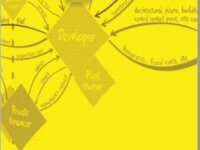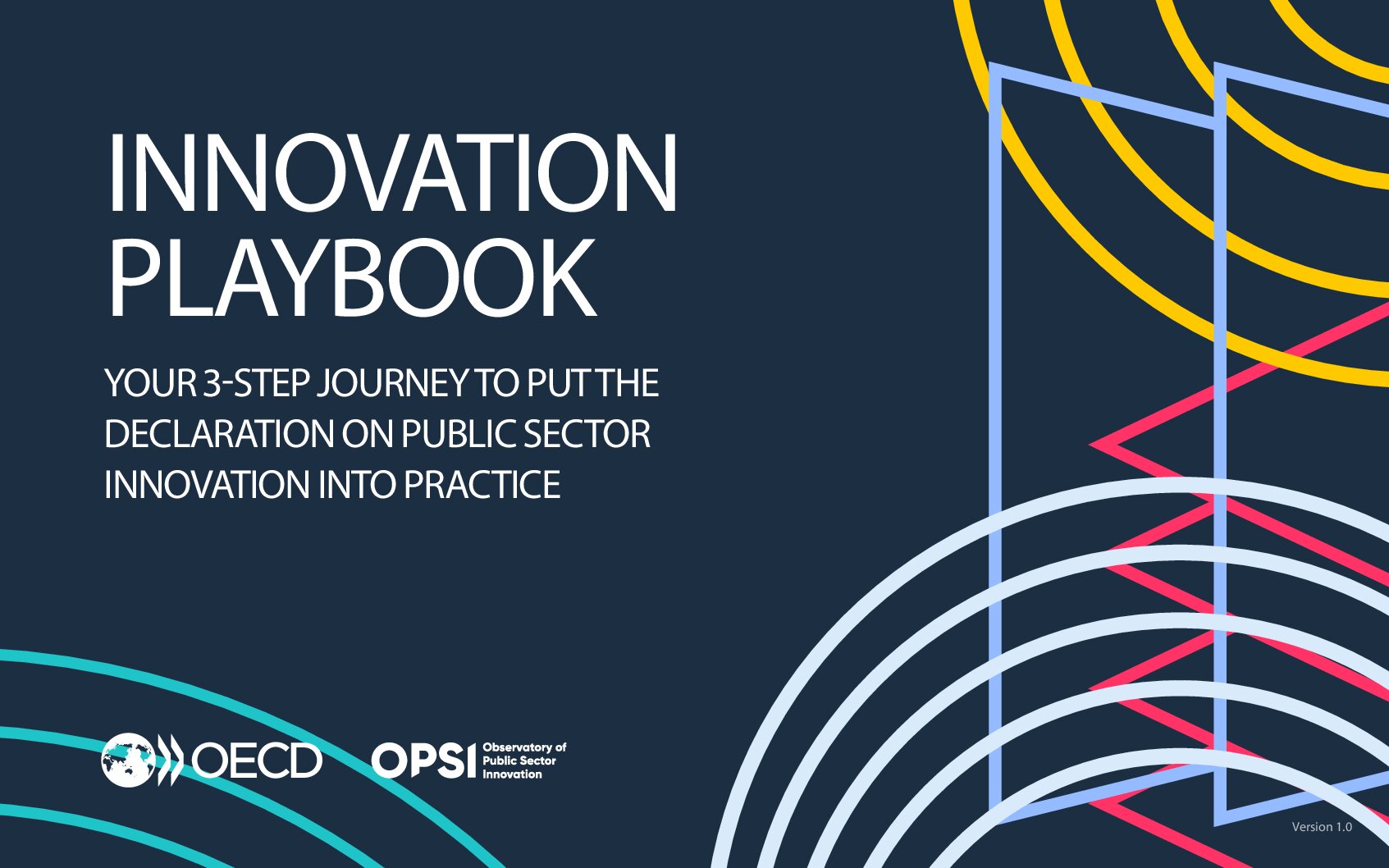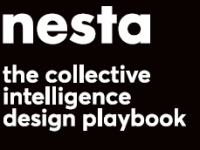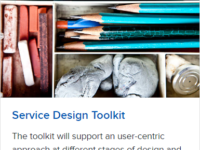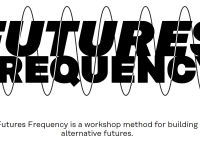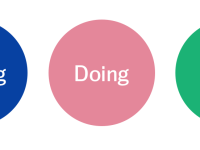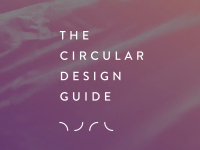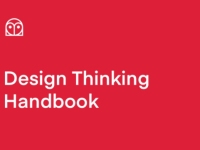Toolkit Navigator
A compendium of toolkits for public sector innovation and transformation, curated by OPSI and our partners around the world

Translating global sustainable development goals into concrete actions for systemic change remains one of the greatest challenges of our times, requiring changes in the structures of the sociotechnical systems that define our world. Value Network Mapping helps in getting a grip on the structure of these sub-systems and enables users to identify together intervention points that make sustainability transitions happen. The method helps users co-create such changes, while balancing individual needs…
The OECD-OPSI Innovation Playbook offers an accessible, actionable and user-centred instrument to translate the OECD Declaration on Public Sector Innovation into practical guidance on how its principles can be applied to solve public sector challenges. The Innovation Playbook offers an entry point to help governments identify where they can build and leverage innovative capacities to solve present and emerging challenges. Intended for top officials and middle-managers, it helps users assess and…
The Collective Intelligence Design Playbook, created by Nesta, offers a wide range of tools, tactics and methods to engage collective intelligence to solve societal challenges. Through practical instructions and case studies, the Playbook presents ways to orchestrate diverse groups of people, data and technology.
It is designed to be applied by teams or groups and features an introduction to help users understand the scope and potential of collective intelligence, practical guidance to sustain…
The UserCentriCities (UCC) Service Design toolkit is a curation of handbooks and tools to support the adoption of a user-centric approach in the design of digital public services. Compiled in collaboration with OECD OPSI Toolkit Navigator, it collects the most relevant tools and methods for cities, regions, and municipalities to use. It contains methods and handbooks developed and utilised by the UserCentriCities partner cities and regions network in their own user centric service development,…
Futures Frequency is a workshop method for groups of 8–20 people. This website provides tools for facilitating the workshop either online or in person. There are videos that introduce each theme and the facilitator’s handbook includes detailed steps for facilitating the group assignments.
Futures Frequency was developed by Sitra based on input from a development team in various fields. It's purpose is to increase participants’ ability to envisage different futures and take action towards…
This toolkit offers a starting point and a framework for uncovering circular potentials and barriers and to potentially identify new circular business models. The tools in this toolkit focus specifically on mapping a company's circular potentials in the value chain it operates within. And it gives priority to understanding, framing and re-fining the value businesses create in the value chain, exploring the interaction with both customers, collaborators and influential stakeholders. The toolkit…
This resource is a generative tool for creating new metaphors to help understand the world in new ways, reframe problems, generate new ideas, and imagine different futures.
New Metaphors has been developed by the Imaginaries Lab, a design research studio based at Carnegie Mellon University, and working internationally. New Metaphors is a set of 150 cards and a number of simple, fun workshop formats which enable idea generation and new ways of thinking about issues creatively, from specific…
A living compilation of social innovation lab theory, templates, and tools to help address complex system problems and design a social innovation lab. This web-based resource includes sections Seeing, Doing, and Being, each with links to additional guidance, tools, and videos.
The current big shift in management - both public and private - is from linear models to circular models. This resource was designed to help innovators create more elegant, effective and creative solutions for circular economy. This resource allows users to explore new ways to create sustainable, resilient, long-lasting value in the circular economy. While it is oriented towards private sector manufacturing and products, it can also be helpful for public sector organisations to think about…
The Design Thinking Handbook is a comprehensive guide to the practice of design thinking and framework popularized by the Stanford d.school. The resource is organised into sections Why We Need Design Thinking, Empathize, Define, Ideate, Prototype, Test and it can be downloaded as an epub, PDF, or audiobook, or can be read in a web-based format. The text is supplemented with links to podcasts, videos, interactive exercises, and other related resources to build practice along with knowledge of…

